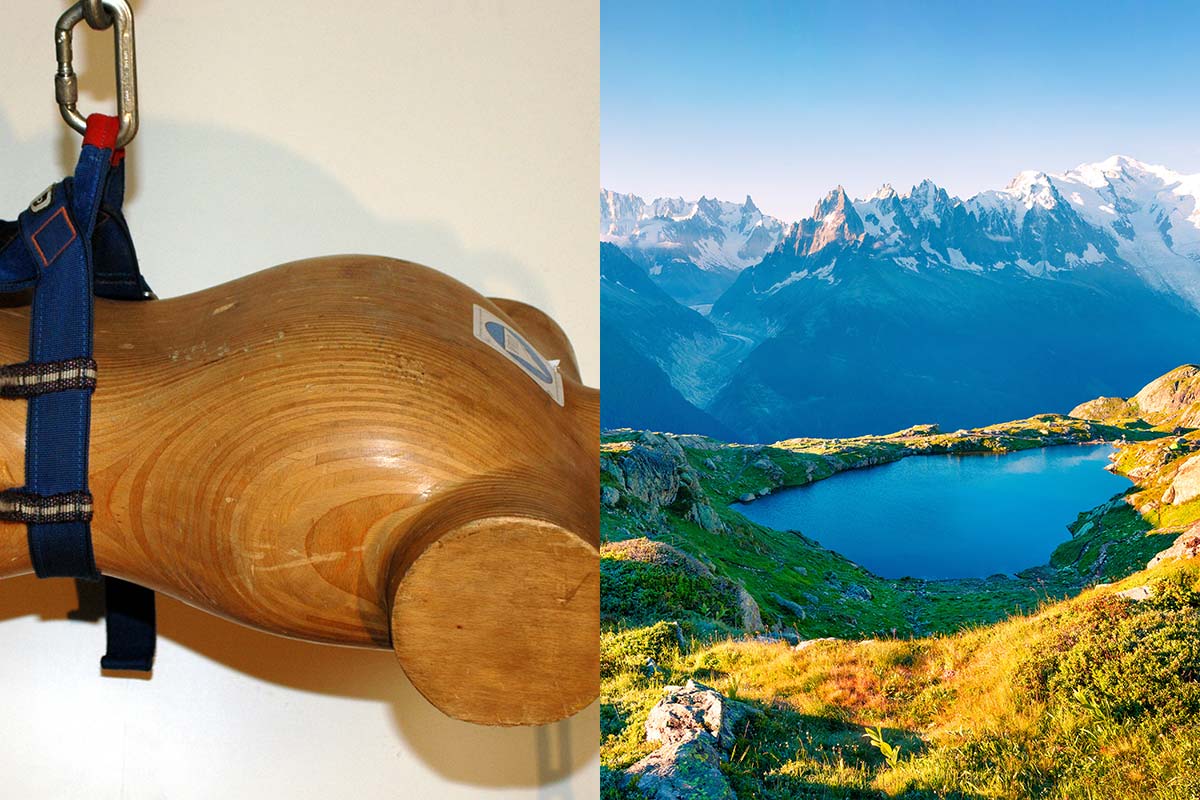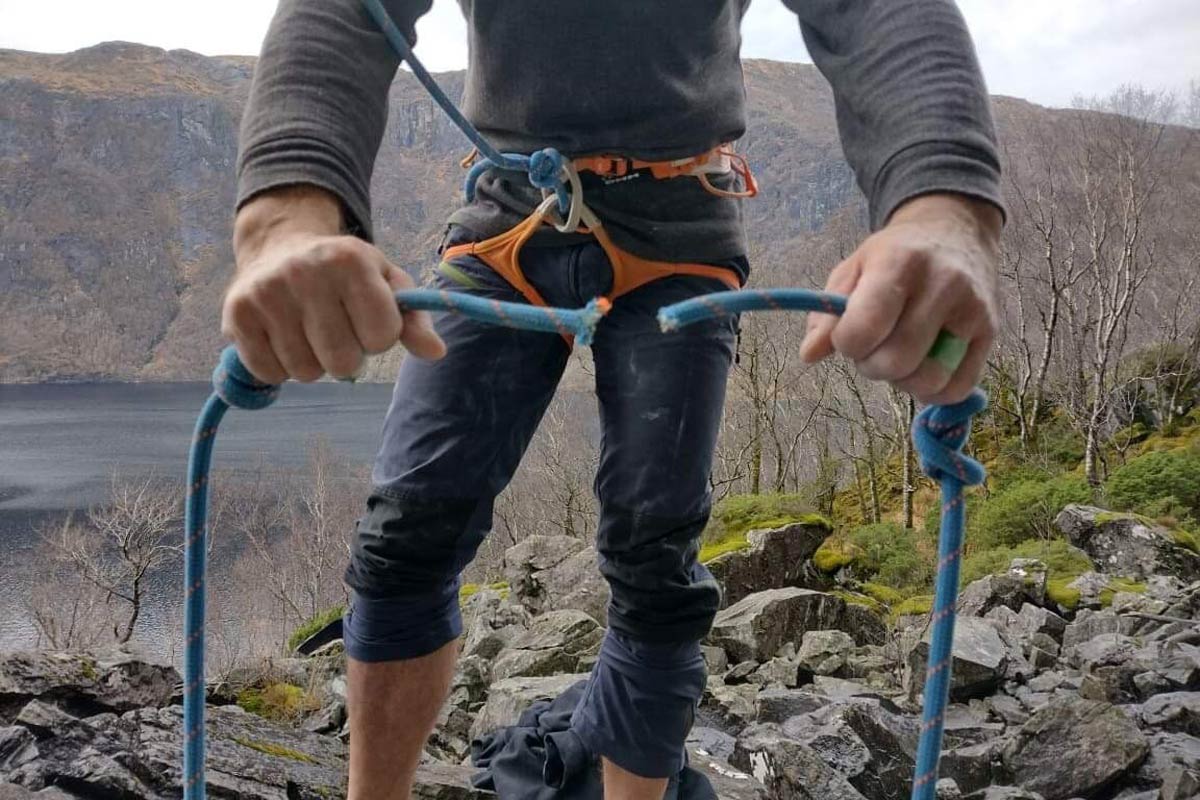“Imagine if no one could get to Everest or K2 – what would happen to mountaineering and trekking in Nepal or Pakistan? What would happen to the people who live around those peaks? Afghanistan faces this situation today. Its highest peak, Noshaq (7492m), is virtually inaccessible because the route to base camp is blocked by land mines,” says John Mock from the IUCN World Commission on Protected Areas.
He is eager to explain just how difficult the situation is for the people living in Afghanistan’s Wakhan District: Because of the mines, laid in 2000 by the Northern Alliance, the approximately 1,000 villagers of Qazideh cannot let their animals out on the fields where they used to graze. When people gather firewood which they need for cooking and to heat up their homes they risk their lives, but have no other choice.
Now, the “Return to Noshaq” campaign hopes to raise enough money to clear the minefields. The mines lie along the standard trail to the peak, near water sources and camp sites. Therefore the campaign asks for help from the international climbing community. The goal is to reopen the valley for the villagers, end landmine casualties and suffering, and reopen Noshaq for climbers and trekkers. This could generate much needed sustainable tourism income for the people living in the whole of the Wakhan region and the Afghan Pamir.
If you want to find out how you can support the campaign, check out the Return to Noshaq website,
In October 2007, the HALO Trust – a nonprofit organisation engaged in clearing landmines in northern Afghanistan finished a survey of the Qazideh Vallery. The trust estimates that removing the mines will cost almost 100.000 US dollars. The project would employ 54 Afghan staff working for five months. In order to get the project done in 2008, the Return to Noshaq campaign needs to raise the money by March 31st.
The President of the Alpine Club of Pakistan, Nazir Sabir, is supporting the campaign, which is also featured on K2Climb.net
“We need your help now to succeed. We ask mountaineers and mountain lovers to join forces to promote the conservation of the world’s mountains through peace and cooperation,” says John Mock.


